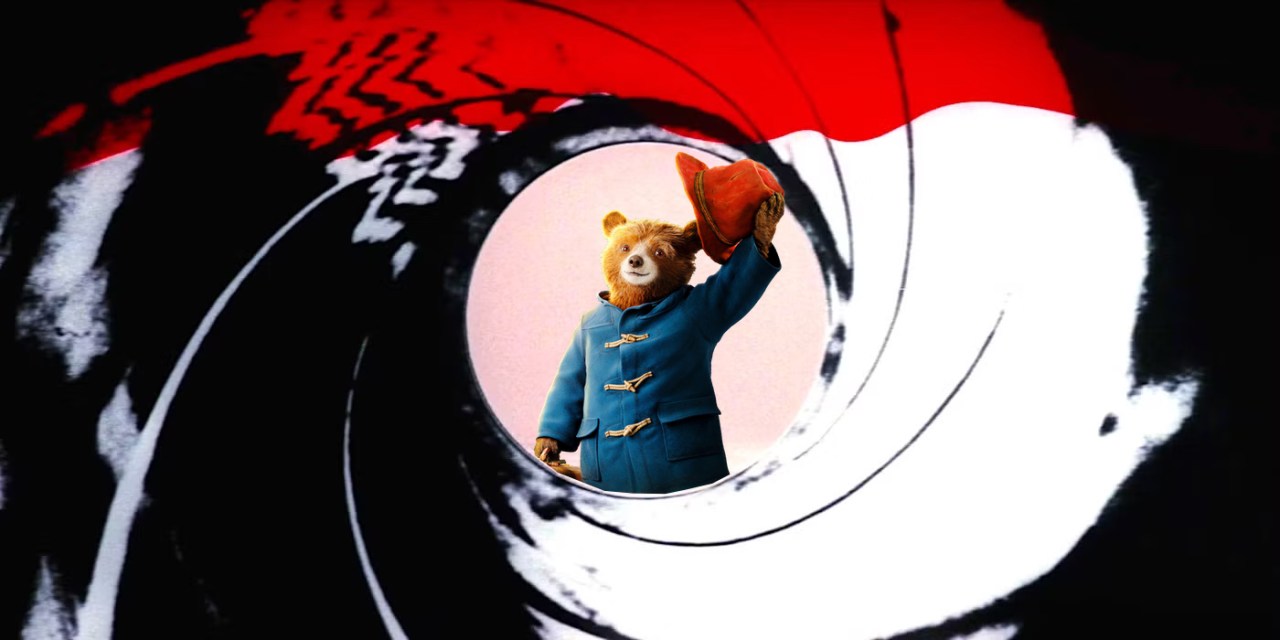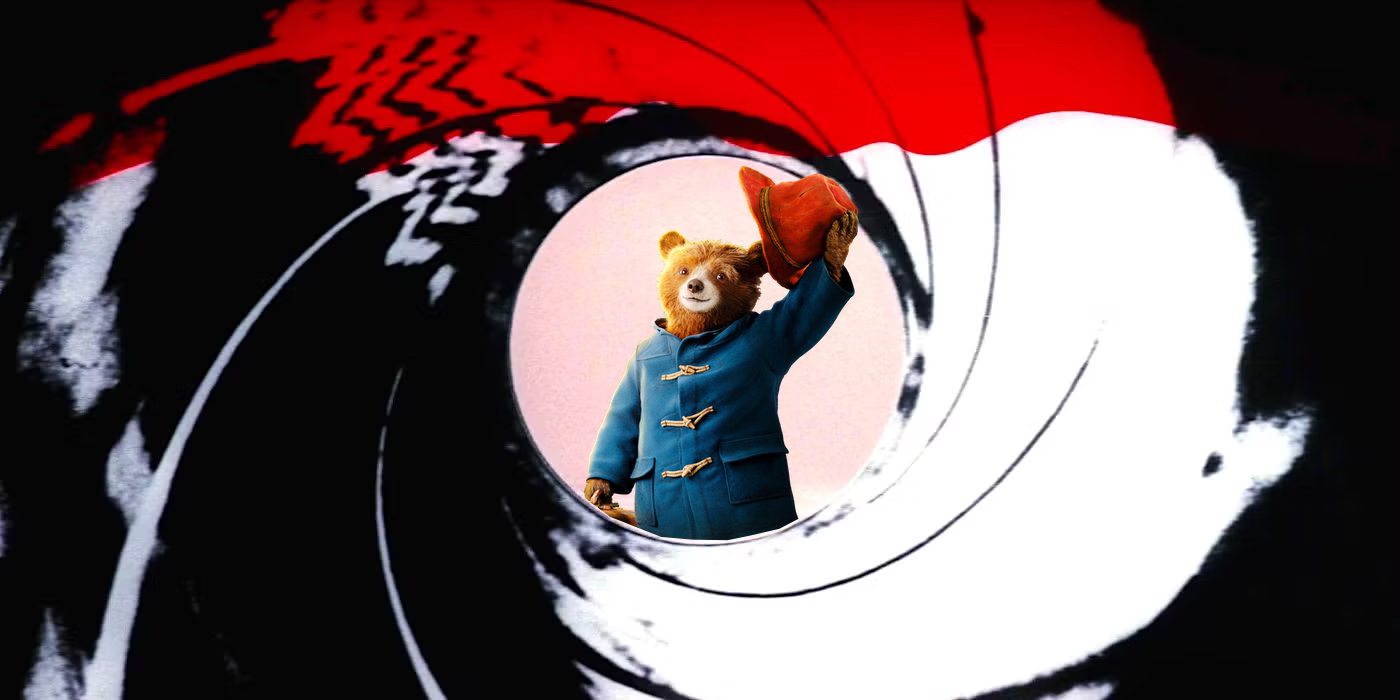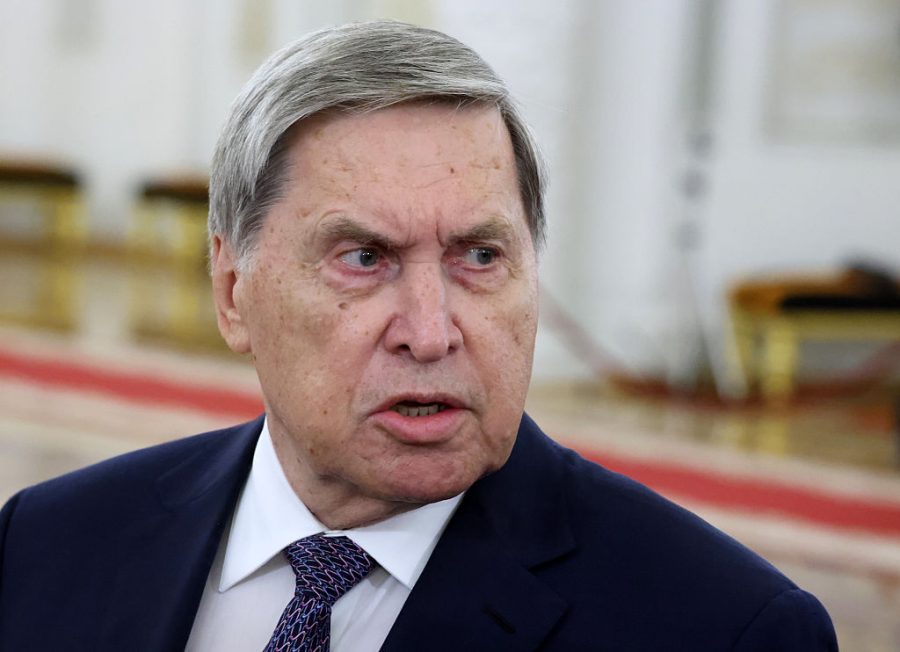Denis Villeneuve, the Oscar-nominated director of such blockbuster behemoths as Dune and Blade Runner 2049, has been hired to reboot the James Bond franchise. Villeneuve is a hugely capable director, somewhat in the Christopher Nolan school of blending epic set-pieces with an intellectual and emotional core. As the first auteur to be hired to direct a Bond film – a gig he has made clear he’d like for the last decade – he promises to bring a unique sensibility to it that will, hopefully, ensure that critics and audiences alike go doolally when it’s released sometime around 2027.
I will not be one of them. Much as I admire Villeneuve, I don’t think I’ve laughed once during any of his films, which tend to take themselves very seriously indeed. When the shortlist of rumoured directors for the Bond picture was leaked, there were other similarly grave filmmakers on it – including Nolan’s younger brother Jonathan and Conclave director Edward Berger – but the name that really stood out for me was Paddington and Wonka director Paul King, who was apparently a serious contender for the much-coveted gig.
The idea of ‘Bond meets Paddington’ might seem an unlikely one, but had King been hired, it is almost a given that he would have steered the franchise away from darkness. The franchise became comically obsessed with such edginess during the Daniel Craig era. While nobody is seriously suggesting that the next Bond film should cast a predominantly comic actor (such as the brilliant Joshua McGuire, currently stealing the show in the BBC’s The Gold), the last few films were so grim and downbeat that Bond’s all-but-inevitable death scene in No Time to Die almost came as a relief. Audiences left the cinema blinking in disbelief and asked, ‘Did they really kill off 007?’
The next film has to resurrect both the character and the franchise. I am concerned that Villeneuve will double down on the darkness and grandiosity of Craig-era Bond. Doing so would be to ignore the lessons of earlier pictures. The Roger Moore films often verged on self-parody (viz A View to a Kill and Octopussy, both of which have aged poorly) but in the case of his finest hour, The Spy Who Loved Me, it achieved the perfect blend of excitement, spectacle and much-needed humour – not least in its legendary pre-credits sequence. It supposedly had audiences standing up at its premiere and cheering when Bond opened his Union Jack parachute. And Moore was always underrated as 007, too. Suave and charming, of course, but with an occasional viciousness. That stood out all the more effectively because of its juxtaposition with the one-liners and (often groanworthy) puns.
Bond is not a great British icon because he mopes about his dead parents
An awful lot is riding on the success of the next Bond film. Amazon MGM, who now own the rights to the character, are clearly thinking in terms of expanding the intellectual property of the 007 universe. If there must be spin-offs, let it be the young Blofeld, not the early adventures of Miss Moneypenny. What I would suggest to Villeneuve and the film’s producers David Heyman and Amy Pascal, should they be reading this, is to bring in a sense of levity and fun again – something that has been sorely lacking for a while.
Bond is not a great British icon because he mopes about his dead parents and kills strangers viciously. He is beloved because of the one-liners, leavening moments of comedy. I doubt that the old cheesy seduction scenes have much of a role in the cinema of 2027, and perhaps character names like Xenia Onatopp and Pussy Galore have had their day, too. But the opportunity to make Bond a genuinely enjoyable character – shaken-not-stirred martinis, self-parodic introductions et al – is one that the filmmakers should not pass up. Otherwise, you can have all the spectacle and dark psychological drama in the world, and it will do nothing but leave audiences mildly depressed and angst-ridden. Frankly, we all deserve better than that.








Comments